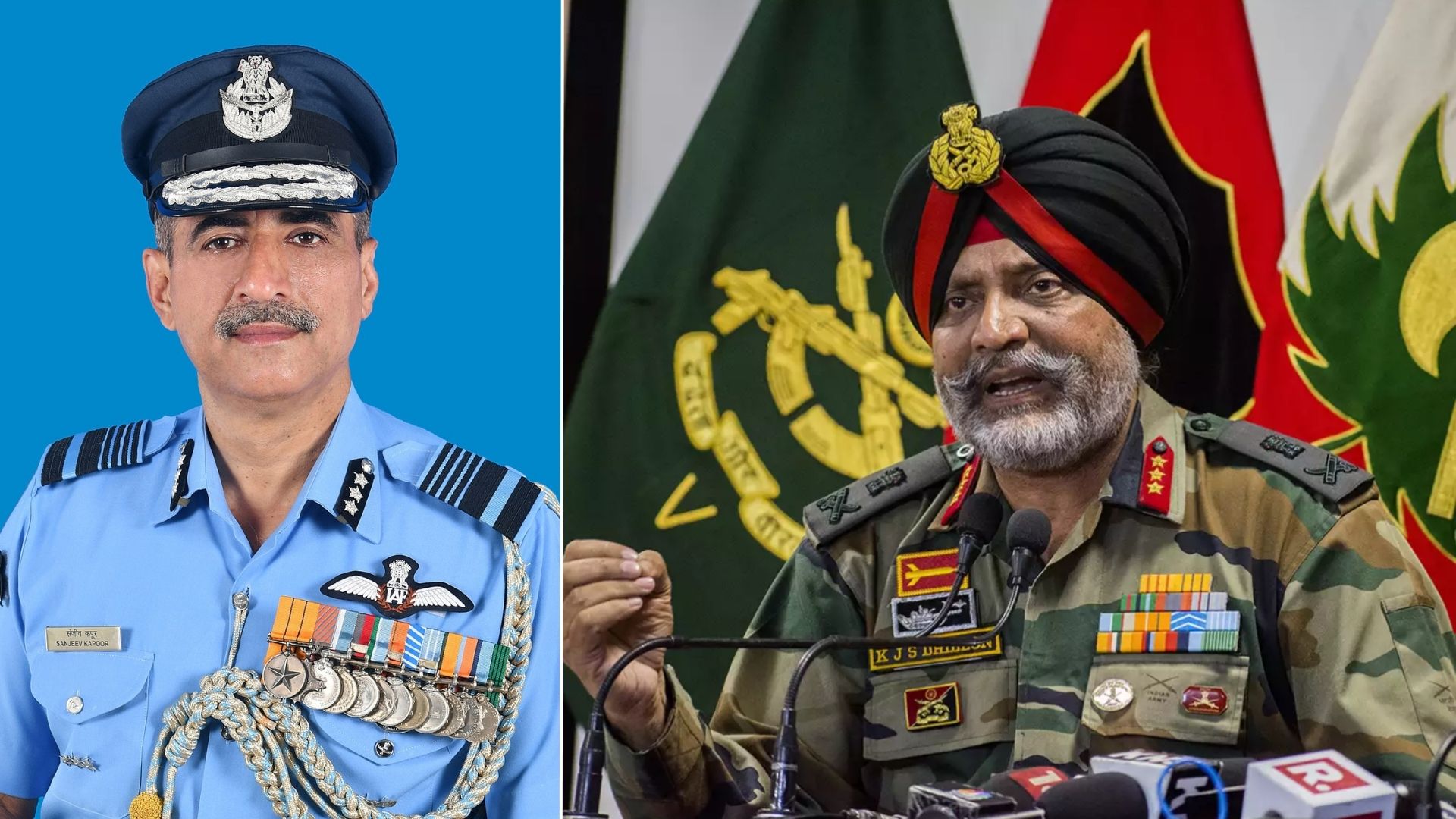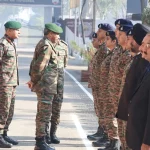Budget carrier SpiceJet’s decision to impose a five-year no-fly ban on a senior Indian Army officer has triggered a storm of criticism from retired military officials, who accused the airline of unfairly targeting armed forces personnel while ignoring accountability within its own staff.
The controversy stems from a July 26 altercation at Srinagar International Airport, where the officer allegedly assaulted four SpiceJet employees, leaving one with a spinal fracture. In response, the airline announced the ban, effectively barring the officer from all its domestic, international, and non-scheduled flights for five years.
Veterans React Sharply
Several high-ranking retired officers took to social media to denounce the move.
- Air Marshal (Retd) Sanjeev Kapoor wrote: “What a shame on @DGCAIndia and @flyspicejet. Instead of holding your own staff accountable, they have taken this route. @adgpi should take up the case with internal findings to @MoCA_GoI.”
- Lieutenant General (Retd) KJS Dhillon went further, declaring: “I put this good-for-nothing group of goons airline on NO FLY WITH for life. I stand with my Army Officers and Soldiers.”
- Major General (Retd) Harsha Kakar added: “Problems anywhere, call the army. But when all is normal, target army personnel. @flyspicejet you ban an army officer because your people misbehaved.”
Clash of Complaints
The incident has led to dueling police cases. Authorities in Srinagar registered a case against the officer under Section 115 of the Bharatiya Nyaya Sanhita (BNS) for voluntarily causing hurt. However, the officer also filed a counter-complaint alleging that he was assaulted by airline staff, prompting an FIR against the employees as well.
SpiceJet has so far declined to comment further on the controversy.
Wider Debate
The episode has ignited a wider debate on the balance between airline accountability and the treatment of uniformed personnel. While the airline cites employee safety, critics argue that hasty punitive action against an Army officer — before investigations are concluded — sets a troubling precedent.
The Ministry of Civil Aviation and the Directorate General of Civil Aviation (DGCA) have not yet issued statements on the matter, though calls are growing for government intervention.













